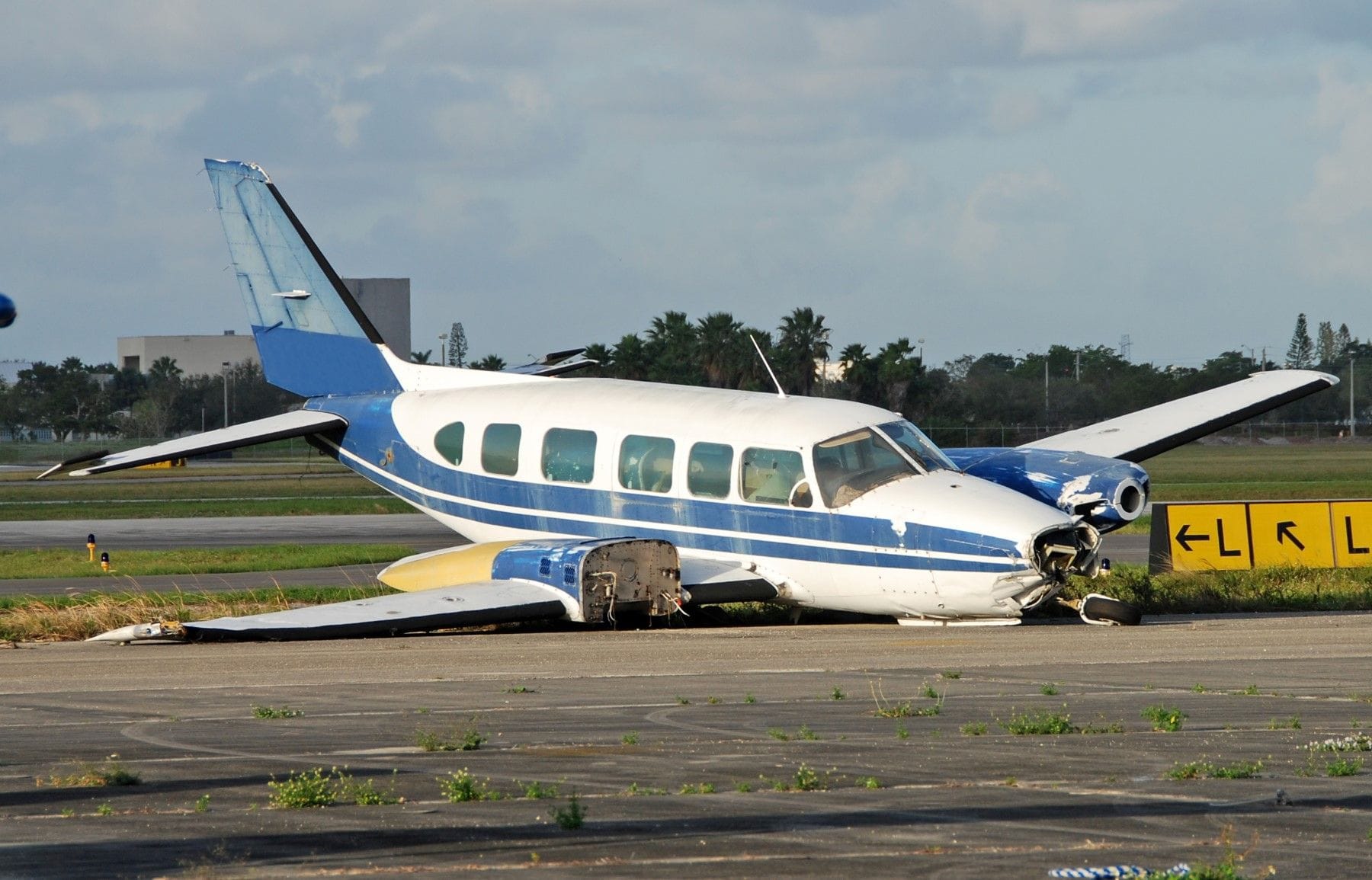Jury Awards $16.8 Million to Family in Fatal Alaska Plane Crash Case
A tragic crash, ignored warnings, and a landmark verdict spotlight accountability in high-risk aviation—raising the bar for regional airline safety oversight.
Updated on
A Washington state jury has awarded nearly $16.8 million to the family of a man killed in a 2019 PenAir plane crash in Dutch Harbor, Alaska. The verdict concludes a six-week trial in which jurors found Peninsula Aviation Services Inc., operating as PenAir, primarily responsible for the fatal accident that claimed the life of David Oltman.
The Accident and Investigation
On October 17, 2019, a PenAir flight traveling from Anchorage to Dutch Harbor overran the runway during landing and crashed through a perimeter fence. Oltman, one of 42 passengers aboard the aircraft, was the only fatality. Several other passengers sustained injuries ranging from minor to severe.
An investigation by the National Transportation Safety Board (NTSB) determined that the crash was most likely caused by incorrect wiring in the landing gear’s anti-skid system, which caused the brakes to malfunction. The malfunction prevented the plane from decelerating effectively on the short, challenging Dutch Harbor runway.
According to court filings, PenAir’s crew was aware of maintenance issues prior to the flight. Evidence presented at trial showed that an error code from the anti-skid system had been reported during a previous landing in Dutch Harbor, yet the problem was not adequately investigated. Additional signs of brake malfunction—such as bald spots on one of the plane’s tires—were also observed before takeoff.
The Negligence Findings
The King County Superior Court jury found PenAir 70% at fault for the crash and attributed 30% fault to APPH Ltd., a British aviation maintenance firm responsible for the landing gear work. However, Judge Mark Larrañaga ruled before trial that PenAir would be vicariously liable for any negligence by APPH, which was not a named defendant.
As a result, PenAir is legally responsible for the full amount of the verdict. The jury found no negligence on the part of the aircraft manufacturer, Saab AB, or the State of Alaska, despite being given the option to allocate fault to them.
The Damages Awarded
After three days of deliberation, the jury awarded the following damages to Oltman’s family and estate:
- $9.5 million in noneconomic damages for emotional suffering and loss of consortium
- $3.5 million for loss of future earnings and household services
- $3.8 million for loss of business interest related to Oltman’s ownership of BKR Construction Services
PenAir, which has since ceased operations, faces full financial liability for the $16.8 million judgment.
The Legal Arguments
During trial, PenAir’s defense team sought to deflect blame toward other parties, including Saab AB, APPH Ltd., and the State of Alaska. The airline argued that the crash stemmed from faulty wiring in the aircraft’s anti-skid system, which they contended was beyond their control. PenAir also claimed that hazardous airport conditions—specifically a boulder and ditch near the runway—contributed to the crash’s severity.
Judge Larrañaga rejected PenAir’s motion to avoid liability for APPH’s alleged negligence, finding that vicarious liability applied under the plaintiffs’ theory. The court also dismissed PenAir’s claims regarding airport design as insufficient to shift liability.
Plaintiffs’ attorney Clay Miller of Miller Weisbrod Olesky LLP said the defense’s primary strategy was to divert blame. “That was basically their whole case — pointing the finger at somebody else,” Miller said. “Our big argument was the airplane never should’ve taken off.”
Evidence of Negligence and Pilot Error
Plaintiffs presented evidence suggesting that PenAir failed to ground the aircraft despite repeated maintenance warnings. According to expert testimony, the airline neglected to address the anti-skid system malfunction that directly contributed to the crash.
Additionally, the flight’s chief pilot made the controversial decision to land with a tailwind, a risky maneuver that increased stopping distance. Testimony indicated that the pilot had previously boasted about executing tailwind landings at Dutch Harbor — a factor Miller described as “a deadly combination.”
The jury agreed with the plaintiffs’ contention that these operational and maintenance failures collectively led to the fatal outcome.
Broader Implications for Regional Airline Liability
The verdict underscores the heightened scrutiny facing regional and commuter airlines operating in challenging environments such as Alaska. It illustrates how courts are increasingly willing to apply vicarious liability to parent or successor entities when maintenance and safety oversight are delegated to third parties.
Aviation safety experts note that the ruling could serve as a cautionary precedent for regional carriers regarding the duty of care in maintenance documentation, pilot decision-making, and flight readiness. It also highlights the growing legal emphasis on internal communication protocols surrounding known aircraft errors.
What’s Next
PenAir has not issued a public statement in response to the verdict. The company, which filed for bankruptcy and ceased operations several years ago, is expected to face complex post-judgment proceedings as the plaintiffs pursue recovery of the awarded damages.
Meanwhile, Alaska Airlines, which sold Oltman’s ticket, was originally named in the lawsuit but was dismissed mid-trial after the plaintiffs agreed to drop their claims. An Alaska Airlines spokesperson reiterated the company’s condolences, stating that it remains “deeply saddened by Mr. Oltman’s passing and continues to extend heartfelt condolences to his family and friends.”
The Oltman family’s counsel included Clay Miller, Josh Birmingham, Lawrence R. Lassiter, and Garrett Stanford of Miller Weisbrod Olesky LLP; Patrick H. LePley of LePley Law Firm; and Matthew R. Johnson of Gravis Law PLLC.
Case Details
Case Name: Oltman v. Peninsula Aviation Services Inc.
Court Name: King County Superior Court (Washington)
Case Number: 20-2-14060-1
Plaintiff Attorney(s): Miller Weisbrod Olesky LLP, LePley Law Firm, Gravis Law PLLC


